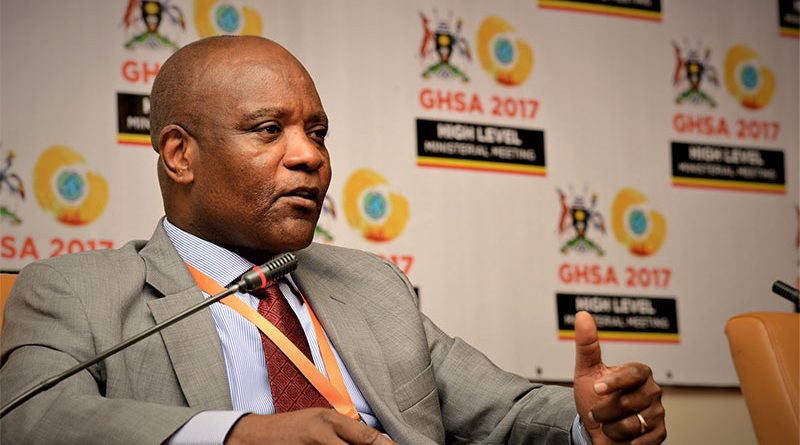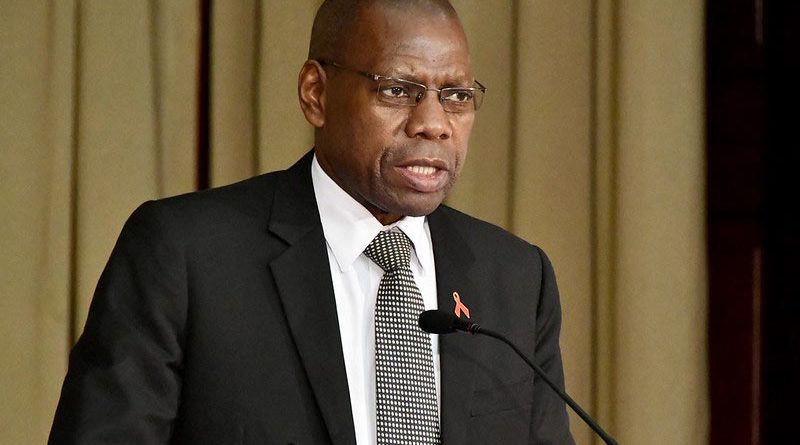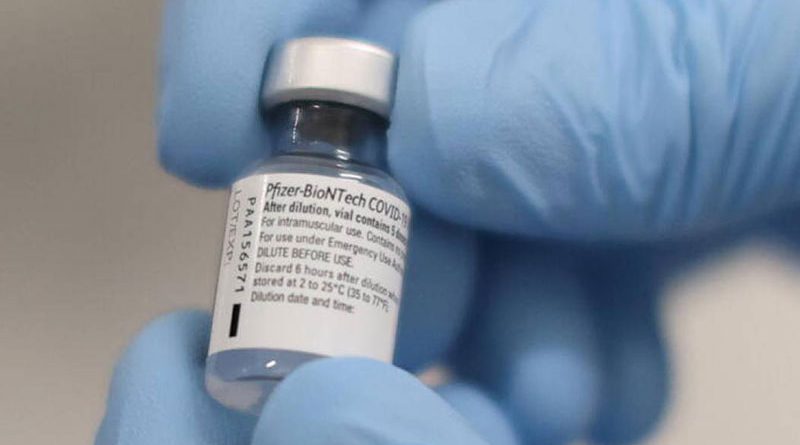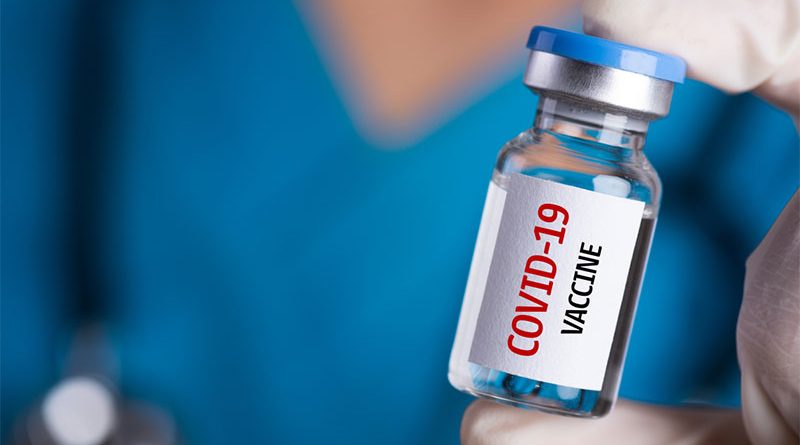COUNTRIES that have ordered more COVID-19 vaccines than they need should consider distributing excess doses to Africa, the head of the continent’s disease control body has said.
As African countries begin to feel the effects of a second wave of the coronavirus pandemic, John Nkengasong, director of the Africa Centres for Disease Control and Prevention (CDC), said it was unlikely to secure enough vaccine shots.
Many African states are relying on COVAX, a global COVID-19 vaccine allocation plan co-led by the World Health Organization (WHO), which is working to lower prices and discourage hoarding.
“Some countries have got like three times to four, five times more than what they need,” Nkengasong told a news briefing, adding that those can help poorer ones kickstart vaccination programmes to protect their citizens.
He did not name any states.
The World Health Organization (WHO) has repeatedly called on governments to make a vaccine protecting against COVID-19 a “public good”.
Britain became the first Western nation to begin the mass-vaccination of its population against COVID-19, and other countries, such as Canada and the United States, may also do the same in the next few weeks.
The United Nations should convene a special session to discuss ways that will ensure equitable distribution and access to vaccines, Nkengasong said.
The African Union-owned CDC organisation is working with the Afreximbank and the World Bank to figure out how to raise funds for the procurement of the vaccines needed for the continent.
In October, Nkengasong said Afreximbank was ready to raise up to $5 billion to purchase COVID-19 vaccines.
Cases and deaths were rising in Africa, Nkengasong said, adding that more vigilance, particularly mask-wearing and social distancing, was needed as end-of-year holidays approached,
“The second wave is here,” he said.
Source – The African Mirror
SOUTH Africa has officially entered a second wave of the new coronavirus as the number of infections per day exceeds 6,000, the health minister said on Wednesday, raising concerns that restrictions to limit the spread could be tightened.
Health Minister Zwelini Mkhize said in a televised address that infections stood at over 828,000 cases with deaths at more than 22,500, the most on the continent.
Daily cases peaked at around 15,000 in July.
“The increases are shown in about six of the provinces and that is why it is important for us to now recognise this is a second wave,” said Mkhize during a televised address.
South Africa is experiencing a resurgence of new cases in the Western Cape and Eastern Cape. President Cyril Ramaphosa last week tightened rules in the Eastern Cape province but stopped short of a wider crackdown.
Mkhize also expressed concern that in the last two days the age distribution of new cases has peaked in those who are between 15 to 19 year of age.
School students who attended a series of end-of-year parties were urged on Sunday to enter 10 days of quarantine after identifying four such parties as “super-spreader events”.
Source – Thomson Reuters Foundation.
NINE out of 10 people in dozens of poor nations could miss out on getting vaccinated against COVID-19 next year because rich countries have hoarded far more doses than they need, campaigners have said.
Rich nations home to 14% of the global population had bought 53% of the total stock of the most-promising vaccines as of last month, said the People’s Vaccine Alliance, a coalition including Oxfam, Amnesty International and Global Justice Now.
They said pharmaceutical companies working on COVID-19 vaccines should openly share their technology and intellectual property through the World Health Organisation (WHO) so more doses can be manufactured.
“This shouldn’t be a battle between countries to secure enough doses,” Mohga Kamal-Yanni, an advisor for People’s Vaccine Alliance, told the Thomson Reuters Foundation.
“During these unprecedented times of a global pandemic, people’s lives and livelihoods should be put before pharmaceutical company profit,” she added.
While high-risk groups in Britain received on Tuesday the first shot of the vaccine developed by Pfizer and BioNTech, most people in 67 low- and lower-middle-income countries including Bhutan, Ethiopia and Haiti, risk being left behind, they said.
Among the three COVID-19 vaccines for which efficacy results have been announced, almost all the available doses of two of them – Moderna and Pfizer/BioNTech – have been acquired by rich countries, the Alliance report said.
While AstraZeneca and the University of Oxford have pledged to provide 64% of their doses to people in developing nations, that would only reach 18% of the world’s population by next year “at most”, it added.
The campaigners used data from science information and analytics company Airfinity to analyse the deals done between countries and eight leading vaccine candidates, including China’s Sinovac and Russia’s Sputnik V.
The EU, United States, Britain, Canada, Japan, Switzerland, Australia, Hong Kong, Macau, New Zealand, Israel and Kuwait have acquired 53% of these potential doses – with Canada buying enough to vaccinate its population five times over, Oxfam said.
“By buying up the vast majority of the world’s vaccine supply, rich countries are in breach of their human rights obligations,” Steve Cockburn, Amnesty International’s Head of Economic and Social Justice, said in a statement. – Thomson Reuters Foundation.
MOROCCO’S King Mohammed VI ordered that all Moroccans should receive a coronavirus vaccine for free, the Royal Palace has announced.
Morocco plans to roll out China’s Sinopharm vaccine in the coming weeks as soon as its phase three trials are over, Prime Minister Saad Dine El Otmani told Reuters last month.
The country has also ordered doses from AstraZeneca and is in talks with other vaccine developers, he said.
As of Tuesday, Morocco, with a population of about 36 million, had seen 384,088 confirmed cases and 6,370 deaths. It has around 40,000 active cases.
Source – Thomson Reuters Foundation.




